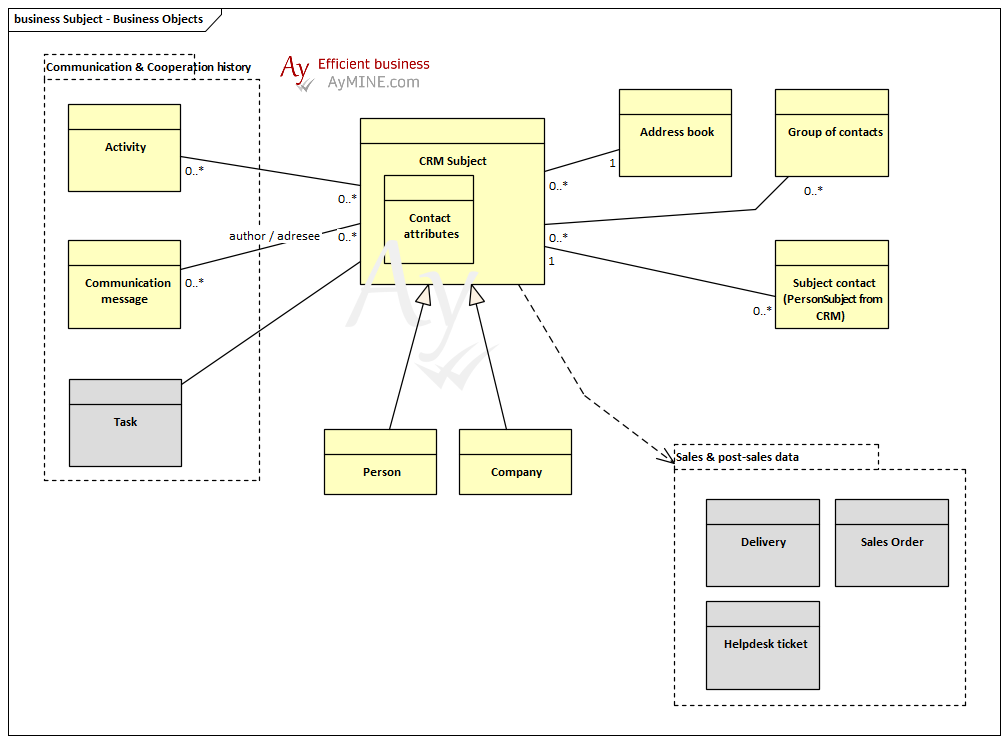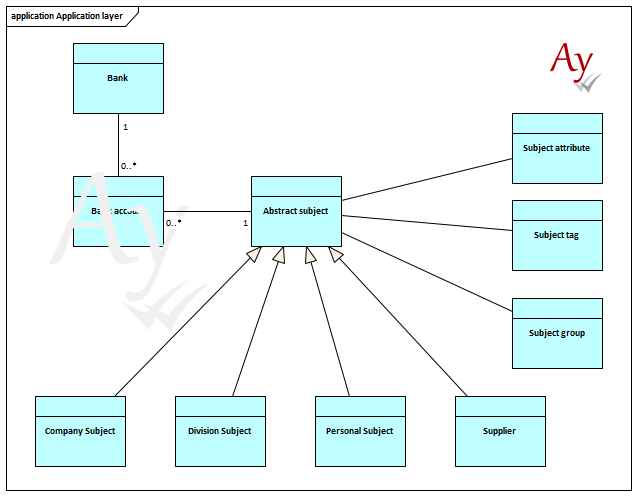Related links
Front-End Scripting
CMS - Content Management & Web API services
Task, Project, Quality
Task & Task pattern
System Management (part of framework)
HR - Human Resources
Mobile & Web Application
- clientprogramming_fevaldataobject
- userinterface-objectstructure
- cliplink
- npmlibraries
- fclip
- drag-drop
- AyMINE Application
- objectdefinition_inlineedit
- npmlibraries_stringlibrary
- clientprogramming
- mobileapplication
- languagesupport
- objectdefinition_multiupdate
- clientprogramming_fevalglobal
- clientprogramming_fevallanguage
- clientprogramming_fevaluser
- objectdefinition_viewdefinition
- offlineobjects
- System console
- Runtime debugging
- objectdefinition_detailview
Framework Core functionality
- prices
- managementfaq
- prices_private-installation
- clientdefinedattributes
- phplibraries
- servermethods
- io_export
- AyMINE Framework Server
- The AyMINE licence model
- System Rights
- servermethods_frmfrm
- io_import
- multiclient-architecture
- servermethods_stringsandtranslations
- frmevent
- System messaging
- usersessions
- User defined fields
Libraries & Lincences
Module - support for management
FI - Finance Management
Sales & Asset management
Sales related services
Description of a part of the AM module - sales partSubject
Subject is a principal object of the module.

Image: CRM subject – ArchiMate business model
Subject is implemented as a complete object-hiearchy and data about subject is in several application objects:

Image: CRM subject – ArchiMate data model
Linked and subordinated objects
The subject have both linked and subordinated (slave) objects defined directly by the CRM module. Other information linked with subject are managed by interlinked modules.
Slave objects defined by the CRM module
Subject Attribute
Attribute is very general terms but it defines several type of contact links:
- Address both email or postal
- Social media link
- Telephone, email etc.
The range of contact is extensible and supports attributes generally used by address books and supported by VCARD standard.
Attribute allow repeatable types so that several address or other attributes could be defined for single subject.
Attributes are always linked with single subject. That means that even when two or more subjects have the same physical address, each has its own independent address record.
Subject tag
Tag are used to add pre-defined information to the contact like GDPR agreement.
Tags allow user-defined subject tags like type of the subject. However, tag is object that allows store more information than just a mark (there is better ways how to set the simple tags). Subject tag allows storing documents and set validity dates.
Related CRM objects
Group
Groups allows definition of the subject group for various purposes like marketing campaign, conference members etc.
Groups are physically independent on subjects and there could be even groups without any subject.
Related objects from other modules
Related objects from other modules are described by the modules that defines them. There could be more linked objects than what's mentioned here:
- System user (system module) – is linked in case that user is also registered with available public information
- Staffer (HR module) – contact to the employee links with internal person and support public contact information. The staffer may have published contact even when he/she isn't system user
- Competence – (TSK module) – Information about the person competencies, trainings and qualifications used for legacy / methodology control
- Product (Asset management) – Link between product delivered by supplier and the supplier contact
- Supplier evaluation – Evaluation of the supplier (regardless is there are registered products)